Hairballs, or scientifically called Trichobezoars, occur when cats swallow too much fur during their grooming process. Watching your cat throw up a hairball is a distressing and messy experience that, while often harmless, can sometimes become a medical emergency. On average, cats spend 30%-50% of their day grooming themselves, so the occasional hairballs are bound to happen. Let’s explore the symptoms of hairballs and potential steps to benefit the health and longevity of your feline friend.
Symptoms: Explaining the Hairball
Any and all cat breeds can develop hairballs, although long-haired felines generally tend to cough them up more frequently. Cat’s tongues have small backward-facing hooks that can catch loose hairs while grooming, in which are then swallowed and passed through their digestive system. Surprisingly, the majority of this hair passes all the way through their gastrointestinal tract without problems. However, sometimes hair lumps together and begins to accumulate, which eventually blocks food from passing through. Your cat will usually vomit this hairball mass up in order to get rid of it.
You know that your cat is throwing up a hairball when their hunched down while coughing and gagging in a manner as if their vomiting. A common misconception is that these hair masses are in the shape of spherical balls, although, hairballs generally have a cylindrical shape that can be slimy and mistaken for feces.
It’s not necessarily a sign of concern if your cat is hacking up a hairball once or twice a month, as hairballs often occur in perfectly healthy cats. While this may be the case, sometimes cats have hairballs that get trapped in their intestinal tract in which their unable to vomit out, leading to an emergency situation. Veterinarians often treat felines for several days in clinical care in hopes to extracting the hairball, although occasionally surgery is required. In case of a blockage such as this, symptoms to look out for include:
- Ongoing gagging or hacking without producing a hairball
- Diarrhea or constipation
- Lethargic behavior
- Lack of appetite
Treatments: Preventing Hairballs
Nothing can be done to entirely prevent your cat from having hairballs, but there are numerous steps you can take to reduce their frequency, including:
- Feed your cat quality food: It’s important to ensure that your cat’s diet consists of high-quality balanced meals. High fiber meals, in particular, promote the health of your cat’s coat while simultaneously reducing shedding. Usually consisting of a raw diet, high quality feline meals generally help ensure a healthy digestive tract that prevents hairballs from building up. Dr. Bill’s Optimum Skin & Coat is a fantastic supplement that will lessen the frequency of hairball accumulation in felines.
- Regularly groom your cat: Brushing your caton a regular basis is an effective way to minimize hairballs and bond with your feline friend. The science for this is simple, as the more fur you remove from your cat, the less fur will end up in their stomach.
- Encourage to drink more water: Most cats don’t drink enough water to satisfy their hydration requirements, therefore, increasing your cat’s water intake can help their digestive system to work the way it should.
- Don’t encourage compulsive grooming: If you believe your cat’s grooming to be excessive, try to train them to enjoy other enjoyable activities such as introducing them to a new toy or personally playing with them.
Dr. Bill’s Feline Optimum Skin & Coat
Many times, an excessive hairball problem can stem from excessive grooming. Your pet’s skin is the largest organ system in their body, which acts as a barrier to protect them from infection, parasites, and the environment. Feline fur and coats also serve other important functions, such as protecting the skin from physical damage, harmful UV light, and aiding in the regulation of body temperature.
Dr. Bill’s Feline Optimum Skin & Coat is a highly concentrated nutritional powder that’s scientifically formulated to provide a balanced blend of high-quality protein sources and powerful nutrients that are helpful in producing healthy skin and luxurious coats. Whether your cat needs a fuller, healthier coat, faster regrowth of hair due to damage, shedding, whelping, or simply a bad haircut at the groomers, Dr. Bill’s Feline Optimum Skin & Coat is your product of choice to reduce hairballs.
-
Feline Optimum Skin & Coat$17.99 — or subscribe and save 10%
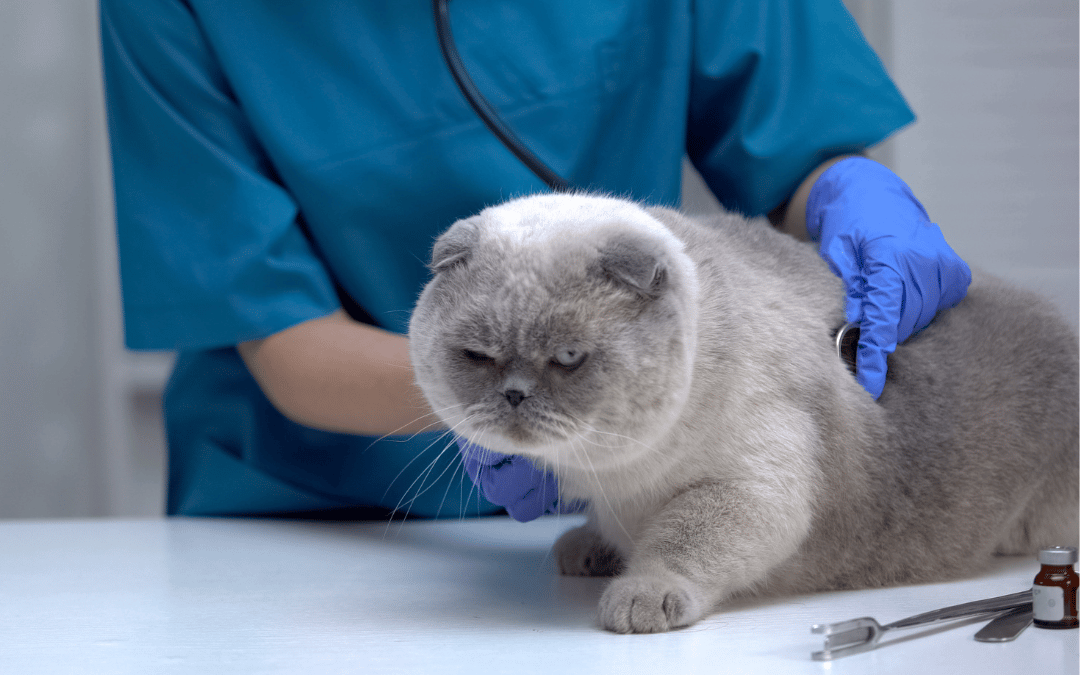
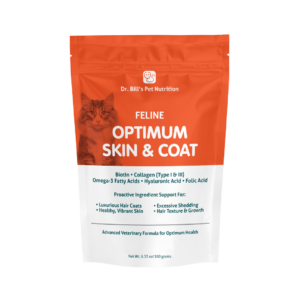
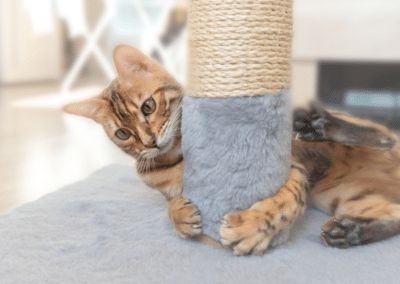
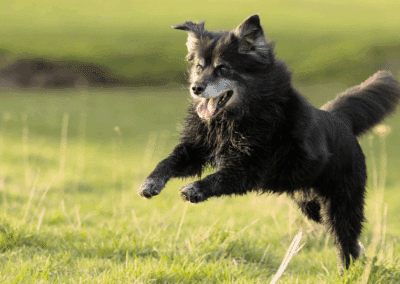
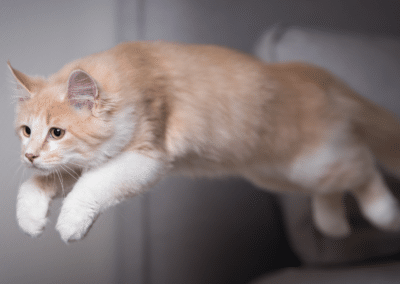
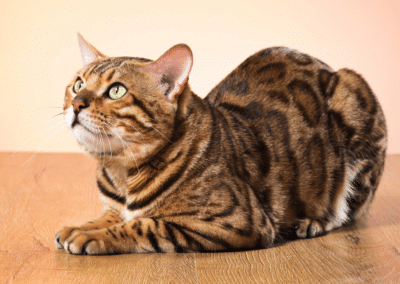

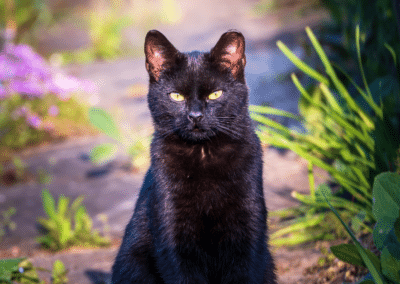
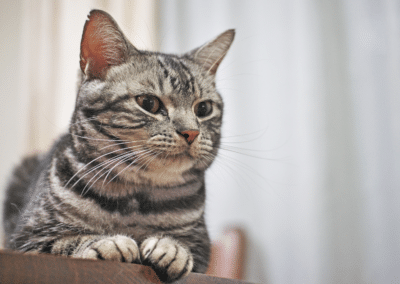
0 Comments